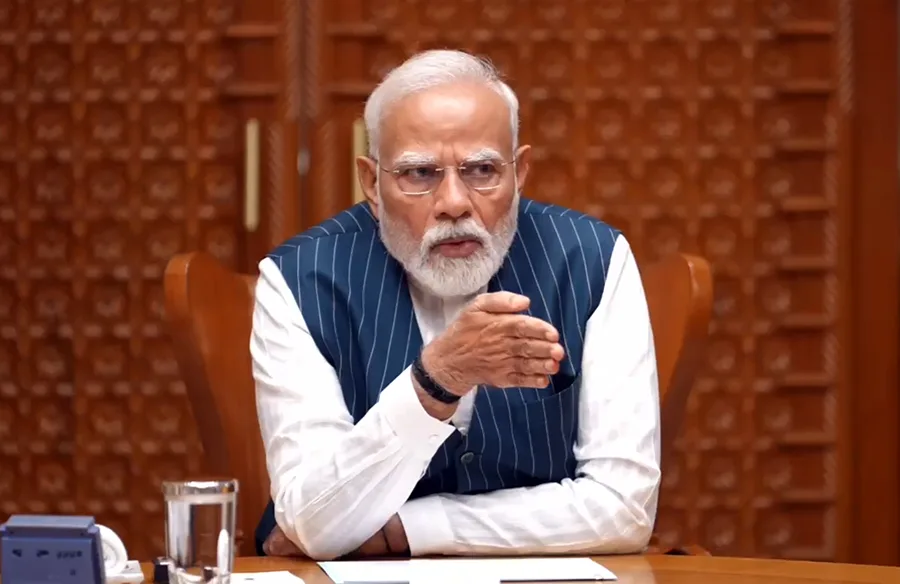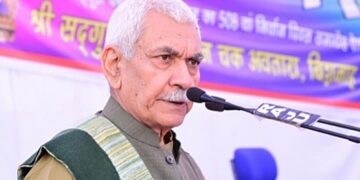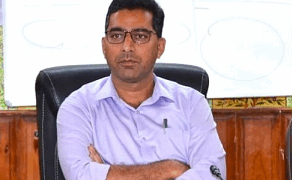Srinagar: The J&K High Court today ruled that the conclusion reached by banking experts cannot be substituted with the views of the court except in matters where the decisions are illegal.
The court was deciding the writ petition of a J&K Bank borrower, Ghulam Ahmad Mir, wherein the Special Onetime Settlement Scheme (OTS), 2022, floated by the bank had been agitated.
The petitioner said that the scheme excluded the cases where compromise is under process and the offer amount is on a higher side vis à-vis the OTS amount prescribed under the said scheme.
Justice Dhar ruled, “The conclusion reached by the experts, particularly in the field of finance and banking, cannot be substituted with the views of the court. Interference in such matters in writ jurisdiction would be uncalled for unless it is shown that the decision of a banking company is illegal or perverse.”
He observed, “No such case has been made out by the petitioner and, as such, no interference is called for so far as the impugned covenant of the OTS Scheme 2022 is concerned”.
The petitioner Mir sought a court direction upon the respondents to process and settle his financial outstandings in terms of the Special OTS 2022.
The petitioner had obtained a composite loan facility from the respondent bank in the aggregate amount of Rs 9,24,35,000. The loan was secured against hypothecation for some assets of the borrower at Horipora, Tehsil Kangan.
The loan facility extended to the petitioner has been classified as a Non Performing Asset on 31.12.2019. As per a bank notice, an amount of Rs 7,86,88,082.94 is stated to be outstanding against the petitioner as on 30.06.2021.
The petitioner stated that he has been trying to negotiate and settle the financial claim against him in terms of the scheme of the Reserve Bank of India adopted by the respondent bank from time to time.
He said during the process of negotiations with the respondent bank, the offer of one time settlement given by the petitioner initially at Rs 4.90 crores has been raised by him to Rs 6.80 crores in March 2022.
The respondents, instead of accepting the said offer, proceeded to launch proceedings under Section 14 of the SARFAESI Act for recovery of dues against him, said the petitioner.
The proceedings against him under the Act were, however, stopped as a revised One Time Settlement policy titled Special OTS for NPAs, 2022, was notified by the bank in November 2022.
As per this scheme, NPA accounts with outstanding of Rs 15.00 lakhs upto Rs 10.00 crores as on 30.06.2022, are covered. However, as per the covenants of the said scheme, compromise cases under process where the offer amount is on higher side vis-à-vis the OTS amount prescribed under the scheme have been made ineligible under the scheme.
Counsel appearing for the petitioner placed heavy reliance upon the judgment of the Supreme Court in Sardar Associates case. He contended that the covenants of the OTS Scheme, 2022, to the extent it excludes the cases of borrowers like the petitioner, is discriminatory and contrary to the guidelines issued on the subject by the Reserve Bank of India.
Justice Dhar held, “In the Sardar Associates case, the offer for settlement under the scheme was made by the bank which was responded to by the borrower and the proposal of the borrower was within the framework of the guidelines issued by the Reserve Bank of India”.
He said, “It was in those circumstances that the Supreme Court held that the bank could not have rejected the proposal of the borrower as the same was covered by the guidelines of the Reserve Bank of India which have statutory flavour.”
In the instant case, he said, “The respondent bank has never offered to settle the accounts of the petitioner under the OTS Scheme, 2022. The offer of the respondent bank was made under the General OTS Scheme, to which petitioner submitted his proposal and the same is under consideration of the bank”, adding the facts of the instant case are clearly distinguishable.
“In the instant case, the exclusion clause in OTS Scheme, 2022, has not been found discriminatory and, as such, case of the petitioner is not covered under the said scheme and the respondent bank was right in rejecting the consideration of petitioner’s case under the said scheme,” said the judge.








